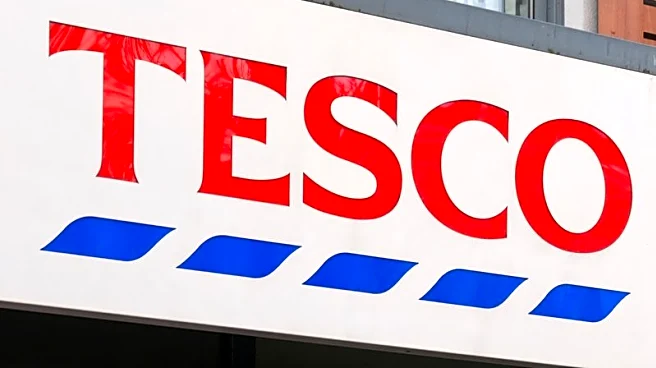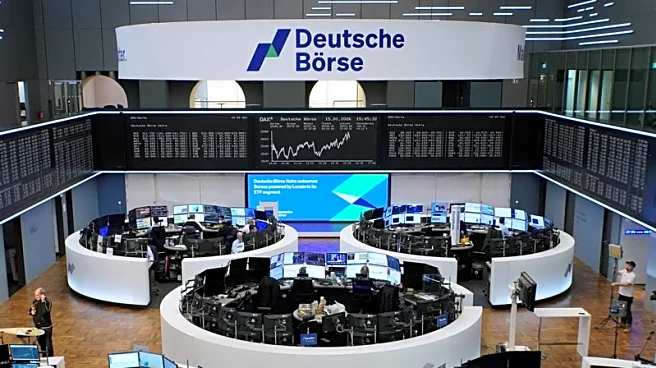What's Happening?
A worker in Rockhampton, Queensland, was terminated after being caught in a viral TikTok video that exposed his dishonesty. The video, posted by Bruce Kerr, owner of Kerr Solutions IT, shows the worker being sprayed by a motion-activated sprinkler system designed to deter illegal parking on Kerr's driveway. The worker had claimed to be working at a mining site but was instead caught on camera visiting a tobacconist. The footage, which went viral on Kerr's 'Rockhampton Chaos' TikTok page, was seen by the worker's employer, leading to his dismissal. Kerr's sprinkler system, installed to prevent unauthorized parking, has become a local sensation, attracting both online viewers and tourists.
Why It's Important?
This incident highlights the growing influence of social media in workplace accountability and public behavior. The viral nature of the video underscores how digital platforms can serve as tools for transparency, potentially impacting employment and reputations. For businesses, this case illustrates the importance of monitoring employee activities and the potential consequences of dishonesty. It also raises questions about privacy and the ethical implications of using surveillance for public shaming. The popularity of Kerr's sprinkler system suggests a demand for creative solutions to common business challenges, potentially inspiring similar measures elsewhere.
What's Next?
Kerr plans to continue using the sprinkler system and may even expand its capabilities to address other issues, such as public urination in the driveway alcove. The viral success of the system has led to inquiries from other businesses facing similar problems, indicating a potential market for such solutions. As the system gains more attention, it may prompt discussions on the legal and ethical boundaries of using surveillance and public exposure as deterrents.
Beyond the Headlines
The case raises broader questions about the balance between privacy and accountability in the digital age. While the sprinkler system serves as a deterrent, it also acts as a form of public shaming, which can have significant personal and professional repercussions. This situation may lead to discussions on the ethical use of surveillance technology and the responsibilities of content creators in managing the impact of their posts.











